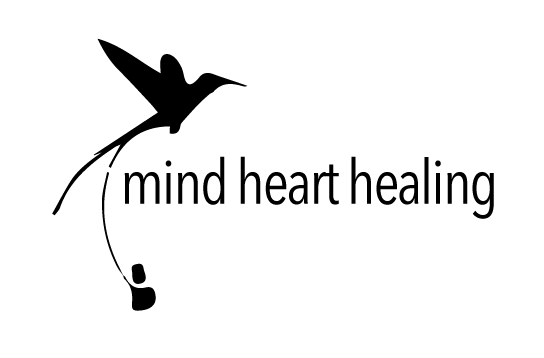Apologies, Mamie is no longer accepting new patients.
Mamie Ju Raynaud, LAc
Mamie Ju Raynaud is a California Board licensed acupuncturist and herbalist. Born in Hong Kong and raised in Los Angeles Chinatown, Mamie is a second-generation practitioner of Traditional Chinese Medicine (TCM).
Mamie received her Masters in Traditional Chinese Medicine from Five Branches University, and has also studied with Daoist Priest, Dr. Jeffrey C. Yuen, Master Richard Tan, Master Herbalist Peter Holmes, LAc, Tiffany Carole Pollard, ND, Giles Marin, and Dr. Laura Stuve.
Mamie is also a certified BodyTalk practitioner, Reiki worker, and a trained AcuDetox NADA technician.
What makes you different? I never force the body to heal. I believe that each person's healing should be done at his or her own pace. My ability to connect to another person affords me the insight necessary to uncover deficiencies in the body...and when I speak of the body, I also mean the mind as well.
Does acupuncture hurt? After being exposed to acupuncture at a very young age, and assisting my father in the treatment room, I grew up rather needle-phobic myself. I am as gentle as possible with my patients when it comes to acupuncture.
Do you use acupuncture exclusively during your treatments? Acupuncture is at the core of my practice, but I often use other modalities to help me tap into other subtle body energies. This includes muscle testing, mild body work or other techniques. Sometimes a prescription of herbs or a lesson in qigong is necessary to enhance and support care.
What are some conditions that acupuncture treats? Acupuncture can treat both acute and chronic conditions. It's recognized for mostly pain management, but there is so much more. It's very effective for infertility, prenatal, gynecological disorders, menopause, thyroid and adrenal deficiencies, respiratory diseases, especially colds and flu symptoms, stress, depression, auto-immune, and addiction. Acupuncture is also effective for detoxing the body from over-the-counter or prescription drugs, and combined with proper nutrition, is a wonderful support for patients going through cancer treatments.
This is just a short general list. Every condition is different, and therapy needs vary greatly from person to person, even with the same diagnosis. Once the root cause is determined, acupuncture builds the body's foundational strength. Then the body's innate healing abilities take over. Acupuncture is not a symptom-based practice, but taps into the interworking of the whole body.
What types of treatments do you offer? Acupuncture treatments, herbal medicine, and nutrition are at the core of my practice. But I also utilize other tools like fire cupping, electrical stimulation, and Tuina bodywork.
There are other modalities like Aroma-Acupuncture and Chi Nei Tsang that can be equal in benefit. These treatments can be used in combination or in lieu of acupuncture.
Essential oils are particularly useful when emotional issues are a pivotal part of the healing process. Mamie has a special Plant Spirit relationship with these powerful essences. Using muscle testing, she is able to intuitively connect the oil and its special properties to the patient.
Chinese medicine was an integral part of my childhood. I certainly didn't grow up in a traditional environment. How many kids do you know shared their living room with a crowd of waiting patients?
Master Gim Shek Ju practicing Tai Chi on the right.
Mamie's father, Master Gim Shek Ju is on the honor roll at the American Association of Oriental Medicine as one of the founding fathers of TCM in the United States.
“Maybe you are searching among the branches, for what only appears in the roots.”
Master Gim Shek Ju on the left.
“Let food be thy medicine, and medicine be thy food”



